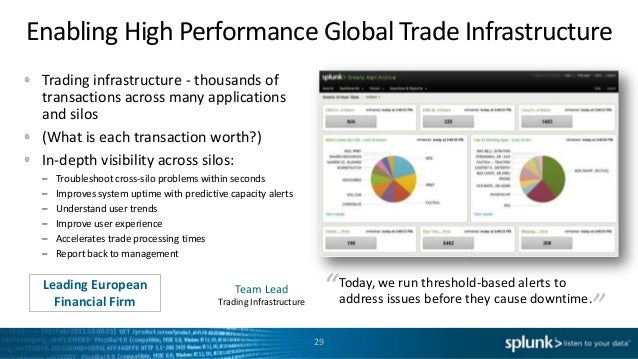
Windows Point-to-Point Protocol (PPP) Remote Code Execution Vulnerability php file to WebAdmin/admin/AudioCodes_files/ajax/. Remote code execution can be achieved via directory traversal in the dir parameter of the file upload functionality of BrowseFiles.php.


It is an unauthenticated SQL injection in the p parameter of the process_login.php login form.Īn issue was discovered in AudioCodes Device Manager Express through 2.47752. Successful exploitation of this vulnerability may cause out-of-bounds read.Īn issue was discovered in AudioCodes Device Manager Express through 2.47752. Lack of length check vulnerability in the HW_KEYMASTER module. The identifier of this vulnerability is VDB-230084.
Splunk transaction contains upgrade#
It is recommended to upgrade the affected component. Upgrading to version 2021.11.30 is able to address this issue. Affected by this issue is some unknown functionality of the file modules/reports/models/scheduled_reports.php. The identifier VDB-230085 was assigned to this vulnerability.Ī vulnerability was found in ITRS Group monitor-ninja up to 2021.11.1. Upgrading to version 1.1.9 is able to address this issue. It is possible to initiate the attack remotely. High Vulnerabilities PrimaryVendor - ProductĪ vulnerability classified as critical has been found in Portfolio Gallery Plugin up to 1.1.8 on WordPress. Please note that some of the information in the bulletin is compiled from external, open-source reports and is not a direct result of CISA analysis.
Splunk transaction contains Patch#
Patch information is provided when available. This information may include identifying information, values, definitions, and related links. Low: vulnerabilities with a CVSS base score of 0.0–3.9Įntries may include additional information provided by organizations and efforts sponsored by CISA.Medium: vulnerabilities with a CVSS base score of 4.0–6.9.High: vulnerabilities with a CVSS base score of 7.0–10.0.

The division of high, medium, and low severities correspond to the following scores: Vulnerabilities are based on the Common Vulnerabilities and Exposures (CVE) vulnerability naming standard and are organized according to severity, determined by the Common Vulnerability Scoring System (CVSS) standard. Please visit NVD for updated vulnerability entries, which include CVSS scores once they are available. In some cases, the vulnerabilities in the bulletin may not yet have assigned CVSS scores. The CISA Vulnerability Bulletin provides a summary of new vulnerabilities that have been recorded by the National Institute of Standards and Technology (NIST) National Vulnerability Database (NVD) in the past week.


 0 kommentar(er)
0 kommentar(er)
